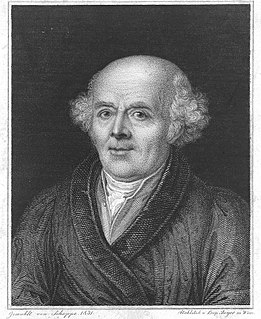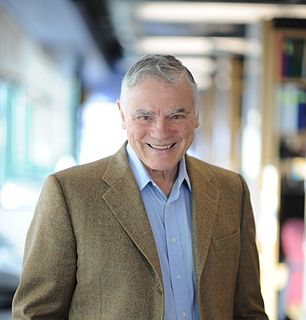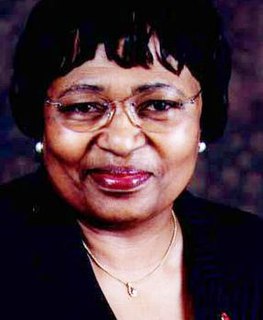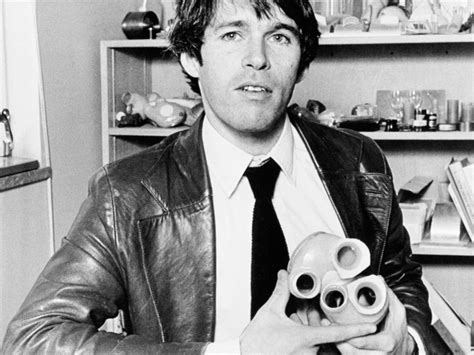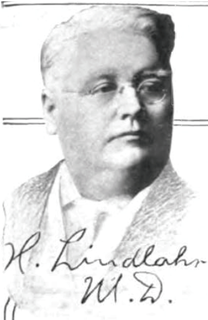A Quote by Scott Gottlieb
Once an effective drug is approved to treat a deadly condition, introducing a second drug to treat the same disease can be hard. It's tough to recruit patients with a debilitating disease for a clinical trial when a proven medicine is already available.
Related Quotes
Every effective drug provokes in the human body a sort of disease of its own, and the stronger the drug, the more characteristic, and the more marked and more violent the disease. We should imitate nature, which sometimes cures a chronic affliction with another supervening disease, and prescribe for the illness we wish to cure, especially if chronic, a drug with power to provoke another, artificial disease, as similar as possible, and the former disease will be cured: fight like with like.
People still think of AIDS as a shame-based disease, it's a sexually transmitted disease, and you're either gay or you're a prostitute or an intravenous drug user. And so a lot of people are still very bigoted about this disease. It's such a treatable disease. It's so - the end is in sight for this disease, medically.
Consider the clinicaltrials by which drugs are tested in human subjects.5 Before a new drug can enter the market, its manufacturer must sponsor clinicaltrials to show the Food and Drug Administration that the drug is safe and effective, usually as compared with a placebo or dummy pill. The results of all the trials (there may be many) are submitted to the FDA, and if one or two trials are positive—that is, they show effectiveness without serious risk—the drug is usually approved, even if all the other trials are negative.
Sahaja Yoga has cured people from cancer, from all kinds of diseases which they call incurable. How? Just by awakening the Kundalini. Sahaja Yogis don't go to any doctor, they had become doctors without studying Medicine. They treat the basics. While science is analysis, like a tree has got some leaves and are showing the symptoms of some disease they try to treat the leaves. But if you have to treat the leaves, you cannot do any justice, you have to go to the roots and treat the sap! And that is how - that is the only way you can treat the tree.
There is a safe, nontoxic drug called naloxone that can instantly reverse opioid overdose and prevent most of these deaths. But the drug war interferes with saving overdose victims in two ways: first, because witnesses to overdose fear prosecution, they often don't call for help until it's too late. Second, because the drug war supports the belief that making naloxone available over-the-counter or with opioid prescriptions would encourage drug use, the antidote is available only through harm reduction programs like needle exchanges or in some state programs aimed at drug users.
As a physician I have sympathy for patients suffering from pain and other medical conditions. Although I understand many believe marijuana is the most effective drug in combating their medical ailments, I would caution against this assumption due to the lack of consistent, repeatable scientific data available to prove marijuana's benefits. Based on current evidence, I believe that marijuana is a dangerous drug and that there are less dangerous medicines offering the same relief from pain and other medical symptoms.

